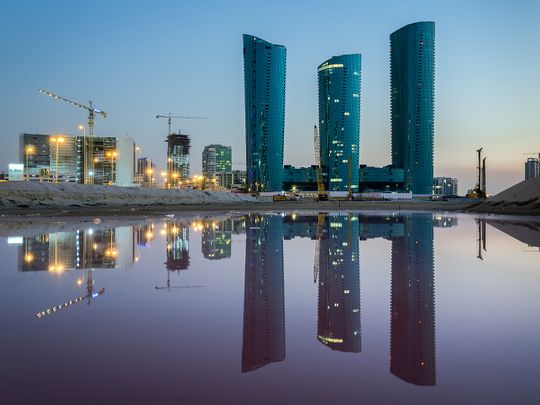
Dubai: Following the launch of its golden license initiative last year, Bahrain has attracted a total of $2.4 billion (Dh8.8 billion) in investment across nine significant projects.
The golden licence is part of an economic recovery plan established in October 2021 to boost economic growth and create more employment opportunities.
This initiative brought the country’s foreign direct investment stock relative to GDP to 81 per cent, which is above the global average rate.
These ventures have the potential to create around 3,000 job opportunities. Notable projects include the establishment of Bahrain Titanium by Interlink Metals & Chemicals of Switzerland and the urban waterfront development known as Bahrain Marina.
“Bahrain has proven itself as a trusted destination for local and global companies to set up or expand their operations owing to its unique value proposition,” said Noor bint Ali Alkhulaif, chief executive of the Bahrain Economic Development Board.
Companies meeting specific criteria, such as investment and strategic projects projected to generate over 500 jobs nationwide or investments surpassing $50 million (Dh183 million), qualify for the golden license in Bahrain.
Last year, Bahrain awarded the inaugural golden licenses to five companies, with a total investment of over $1.4 billion (Dh 5.1 billion) in the country. These companies, including Citi, Eagle Hills Diyar, Infracorp, Saudi Telecommunication Company, and Whampoa Group, are anticipated to create more than 1,400 job opportunities by 2026.
Between 2002 and 2022, Bahrain's GDP experienced growth, soaring from nearly $10 billion (Dh36.7 billion) to $44 billion (Dh161 billion). This expansion translated to an average annual growth rate of 8 per cent, outpacing the global rate of 5.5 per cent.
Furthermore, Bahrain diversified its economy, with the non-oil sector contributing to nearly 84 per cent of the GDP by the third quarter of 2023. This diversification indicates the nation's resilience and adaptability in fostering economic stability and growth beyond traditional oil revenues.








